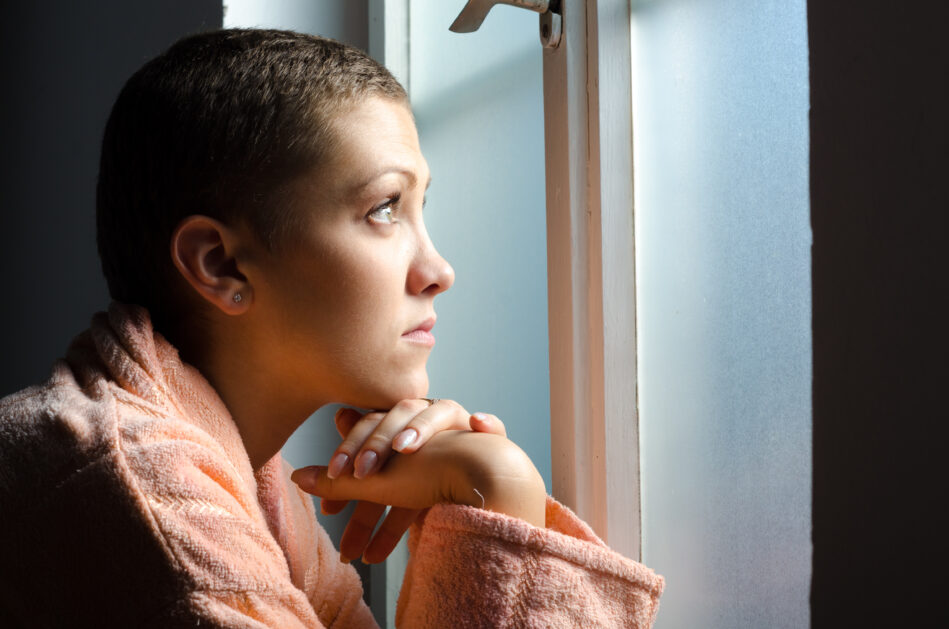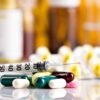Still tired, sleepless, and depressed a year after cancer treatment has ended? Here’s an effective, cheap, self-administered technique to feel better and solve cancer fatigue.
Many women survive breast cancer only to find that even a year after treatment ends, exhaustion is so great that it interferes with their life. While common, is it inevitable? Must one trade life activities for life?
About 1/3 of women have fatigue, including poor sleep quality, decreased quality of life leading leading to higher rates of depression, for up to 10 years after the end of breast cancer treatment.
At MedShadow, we caution our readers to balance the benefits of medical intervention against the risks. But when one determines that medical intervention is necessary, how to deal with the aftermath? How to cope with a life changing side effect of fatigue that won’t go away? It’s a delight to report on a method of self-care that is cheap, effective and has no discernible side effects except for some bruising in a few women.
A recent study published in JAMA Oncology compared 2 types of self-administered acupressure techniques against the “usual care,” which included any of the techniques used in western medicine that the women’s doctors chose. The women in the study were all from Michigan and nearly all were White/non-Hispanic (89.6%). Virtually all the non-white participants were African-American. All the women had completed treatments for stage 0 to 3 breast cancer at least 12 months earlier and were complaining of fatigue.
A group of the women were taught a relaxing acupressure technique to help them get more restorative sleep and lowered feelings of fatigue. A second group were taught stimulating acupressure points for alertness and daytime energy levels. The third group were given the usual care from their health care team. The acupressure trainings took 15 minutes and there was a follow up to check on technique.
After 6 weeks, both acupressure groups reported significantly less fatigue as compared to the group with usual care (more than 60% in each group). Those practicing relaxing acupressure found a significant effect on both insomnia and quality of life. And both acupressure groups felt a sustained benefit for 4 weeks after the study ended. In the usual care group, around 30% reported some (but not as dramatic) improvement.
Only 5 small studies have previously studied acupressure and fatigue in cancer patients. Those studies were highly promising, showing a reduction in fatigue of approximately 45% to 70%. This study had more that 400 women in it and was clinically rigorous. In other words, it was a well-designed study. It’s conclusions were also strongly positive, so much so that I hope cancer survivors experiencing fatigue will reach out to acupressurists to learn these techniques. More studies should be done to include minorities and to explore how to implement widescale training in real-world clinical settings. But it’s a credible start and I applaud the National Institutes of Health for funding this and other complementary medical studies.






